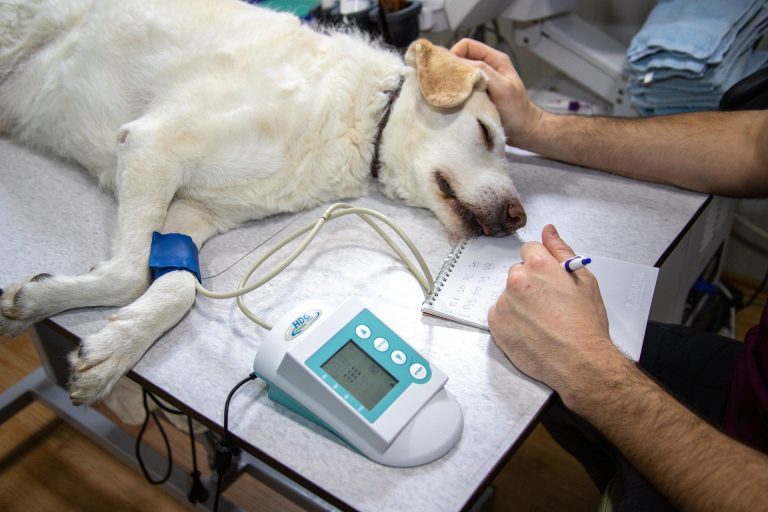In the intricate world of pet healthcare, veterinary compounding emerges as a beacon of personalized treatment, offering solutions tailored to the unique needs of our furry, feathered, or scaled companions. This comprehensive guide aims to unravel the complexities of veterinary compounding, shedding light on its benefits, applications, and considerations, to empower pet owners with knowledge for informed decision-making.
What is Veterinary Compounding?
Veterinary compounding is a specialized practice where pharmacists, under a veterinarian’s directive, customize medications to suit the specific requirements of an animal patient. This customization can involve altering the medication’s form, flavor, dosage, or ingredients to ensure that it meets the patient’s unique needs, preferences, and medical conditions.
The Significance of Compounded Medications in Pet Care
Compounded medications play a crucial role in pet healthcare by bridging the gap between standard medications and the diverse needs of animal patients. This practice is particularly beneficial in scenarios where:
· Commercial Unavailability: The required medication might not be commercially available in the strength, size, or form suitable for the pet.
· Dosage Precision: Animals, much like humans, require doses tailored to their size, weight, and health condition. Compounding allows for the precise adjustment of dosage.
· Palatability: Medications can be flavored to the pet’s liking, making administration easier and reducing stress for both the pet and the owner.
· Allergy Accommodation: Compounded medications can be formulated to exclude ingredients that may cause allergic reactions in certain pets.
Applications of Veterinary Compounding
Veterinary compounding finds its application across a broad spectrum of scenarios, ranging from routine care to complex medical treatments. Some common applications include:
· Flavor Enhancement: Transforming medication into flavors like chicken, beef, or fish to appeal to pets, facilitating easier administration.
· Form Alteration: Converting pills into liquid formulations for pets that resist swallowing tablets or into a topical form for those with gastrointestinal sensitivities.
· Combination Medications: Combining multiple medications into a single dose to simplify administration and improve compliance.
· Specialized Treatments: Creating unique formulations for conditions that lack specific commercial medications, ensuring that all pets receive the care they need.
Considerations and Safety Measures
While veterinary compounding offers numerous benefits, it’s essential to approach it with due diligence. Pet owners should consider the following:
· Regulation and Oversight: Ensure the compounding pharmacy is reputable, licensed, and complies with regulatory standards.
· Veterinarian Collaboration: Compounded medications should only be used under the guidance of a veterinarian who understands the pet’s medical history and current health status.
· Quality and Consistency: Inquire about the source of the pharmacy’s ingredients and their quality control processes to ensure the medication’s efficacy and safety.
The Path Forward
For pet owners exploring the avenue of compounded medications, the journey begins with a conversation with their veterinarian. Discussing the pet’s specific needs, challenges with current medications, and potential benefits of compounding can pave the way for a tailored treatment plan. With the right knowledge and approach, veterinary compounding can significantly enhance the quality of life for pets, ensuring they receive the care and treatment that align perfectly with their unique requirements.
In conclusion, veterinary compounding stands out as a vital component of modern pet healthcare, offering solutions that are as diverse as the animals we call family. By understanding its applications, benefits, and considerations, pet owners can navigate the world of pet healthcare with confidence, ensuring their beloved companions receive the best possible care tailored to their individual needs.

